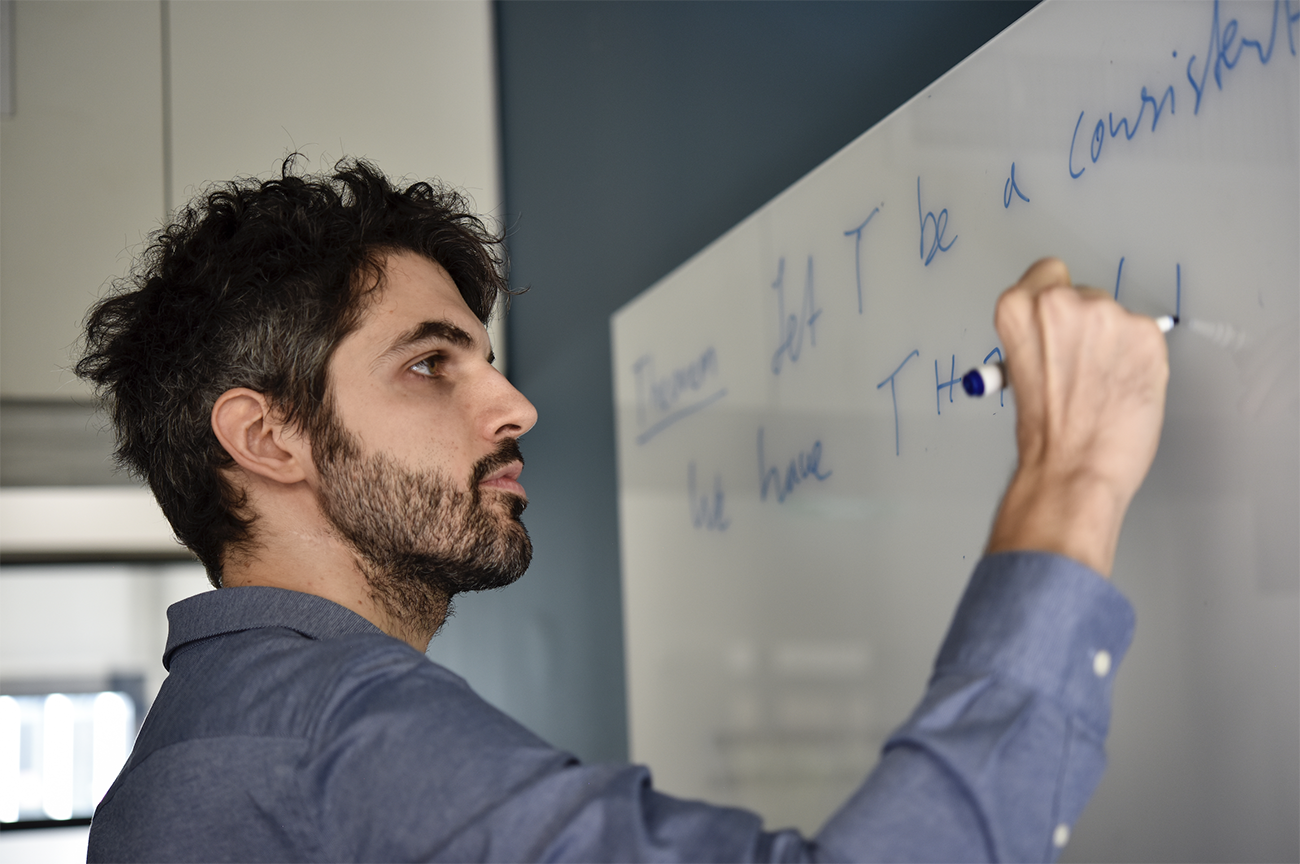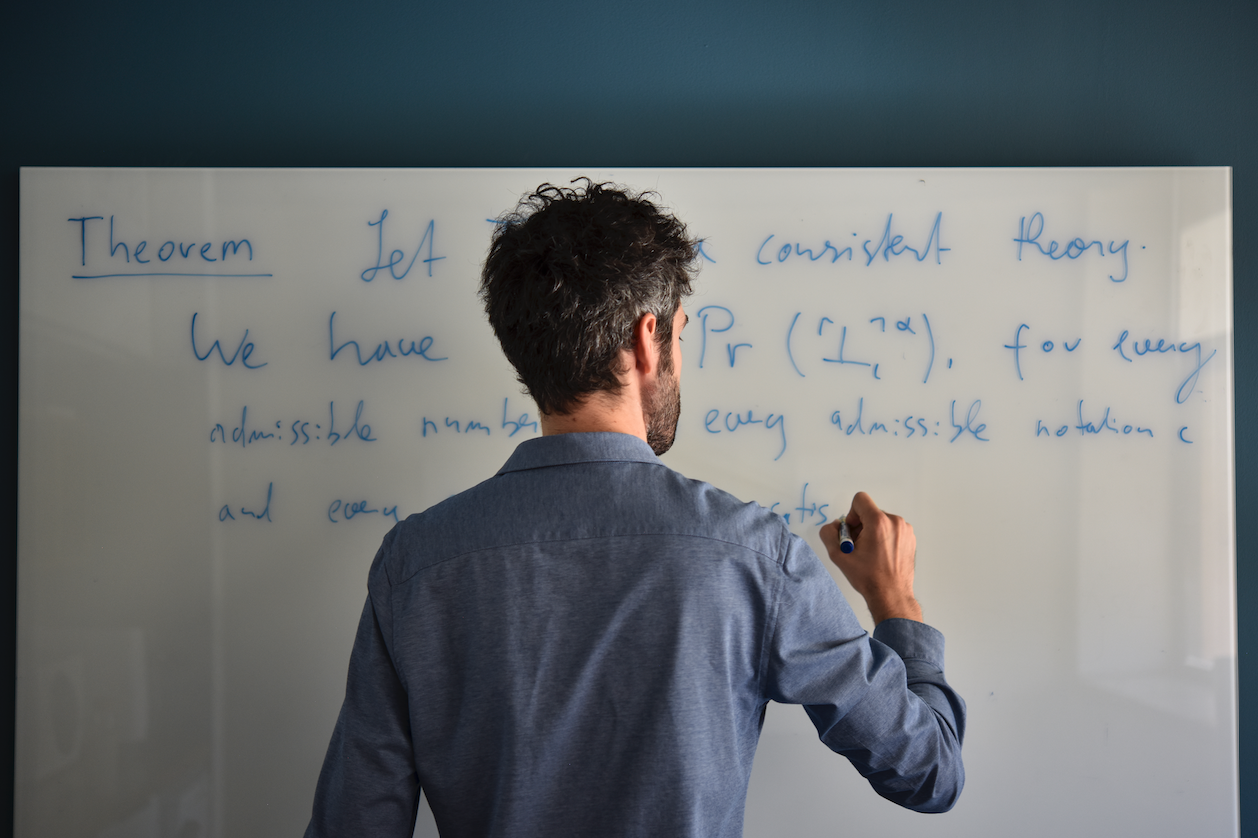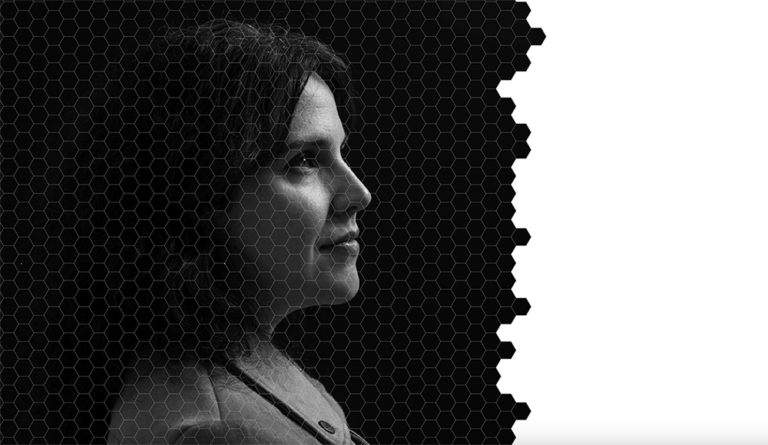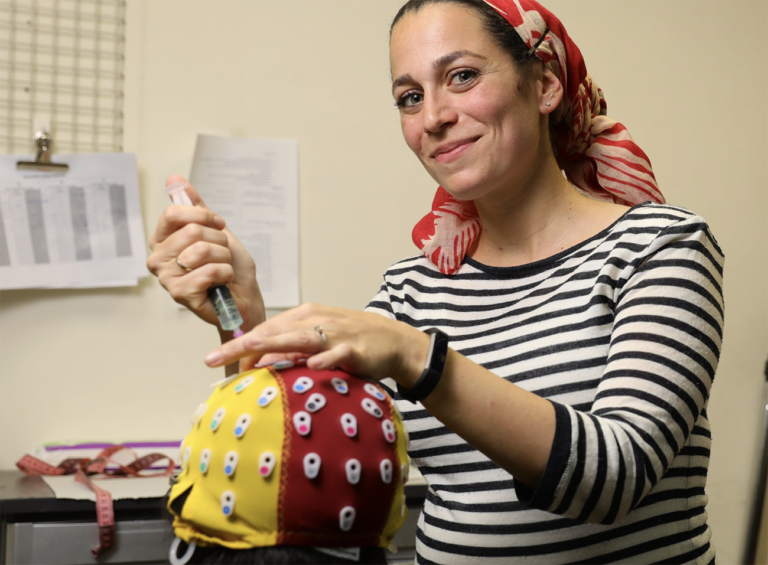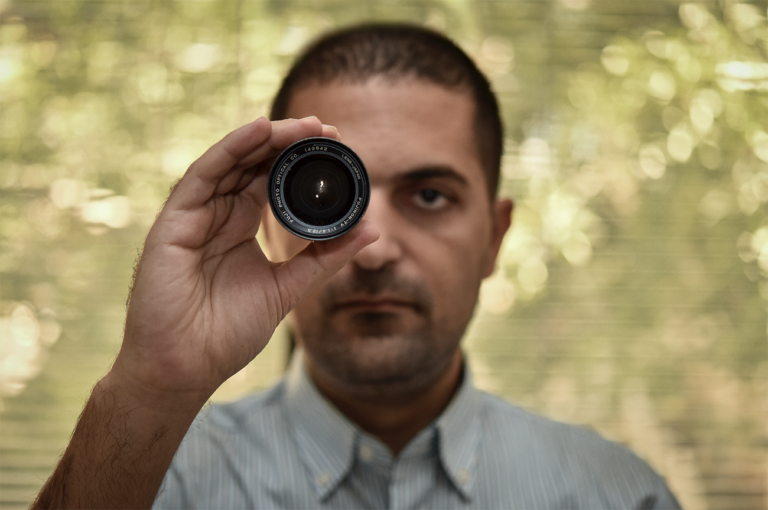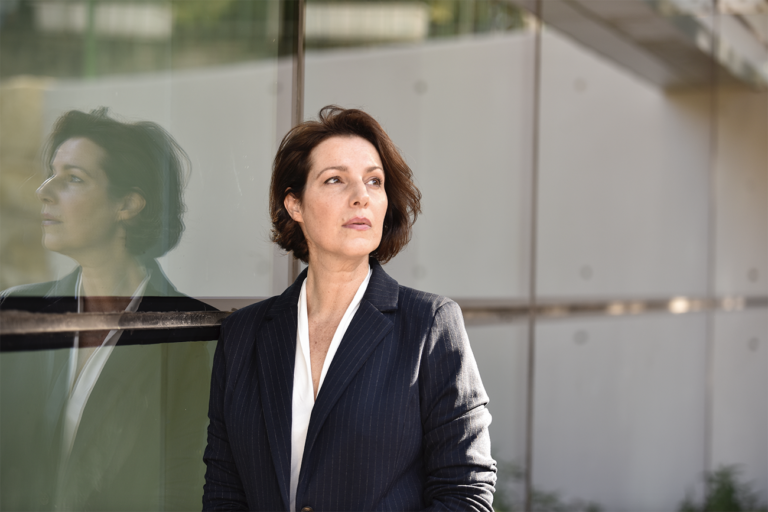Four centuries ago, Galileo famously described the physical world as a realm that was rooted in mathematics. The universe, he wrote, “cannot be read until we have learnt the language and become familiar with the characters in which it is written. It is written in mathematical language, and the letters are triangles, circles and other geometrical figures, without which means it is humanly impossible to comprehend a single word.”
Since Galileo’s time, scientists and philosophers have continued to ponder the question of why mathematics is so shockingly effective at describing physical phenomena. No one would deny that this is a deep question, but for philosopher Balthasar Grabmayr, an Azrieli International Postdoctoral Fellow at the University of Haifa, even deeper questions lie beneath it. Why does mathematics work at all? Does mathematics have limits? And if it does, what can we say about those limits?
“I am really fascinated with foundational questions about mathematics,” says Grabmayr, who completed master’s and undergraduate degrees in math, earned a PhD in philosophy from Humboldt University of Berlin, did postdoctoral research in computer science at Tel Aviv University in 2021, and is now working at the intersection of these three areas. “Philosophical questions such as, ‘What is a number? What can mathematics reduce to?’ As opposed to many of my peers, who were interested in applications in physics and technology, I was really more interested in this philosophical background.”
These questions may sound pie-in-the-sky, which would be par for the course in philosophy. But as elemental as they are, they may also have practical significance, perhaps leading to a better understanding of how computation works and what its limits are. This line of inquiry could also shed light on the nature of language, as well as long-standing puzzles about the functioning of the mind.
Grabmayr found his way to this field from a very different passion: music. Growing up in Vienna, he attended a music conservatory and was set on becoming a classical musician. Eventually, he began to think about what made music work, and then began to think about musical structure. “I started to realize that, actually, what I’m interested in — what I found so attractive in music — is basically mathematics,” he recalls. “Mathematics is the science of structure. I was completely captured by that.”
He was captivated, too, by the vast sweep of mathematics: once you discover a mathematical truth, it appears to be true everywhere, and for all time. Schoolchildren learn equations like the quadratic formula unquestioningly, but for Grabmayr, such seemingly simple truths contain within them a world of mystery. “Why are mathematical truths somehow eternal?” he muses. “Once we prove a theorem, it will hold for eternity. How is that possible? That I find super fascinating. It seems like magic.”
